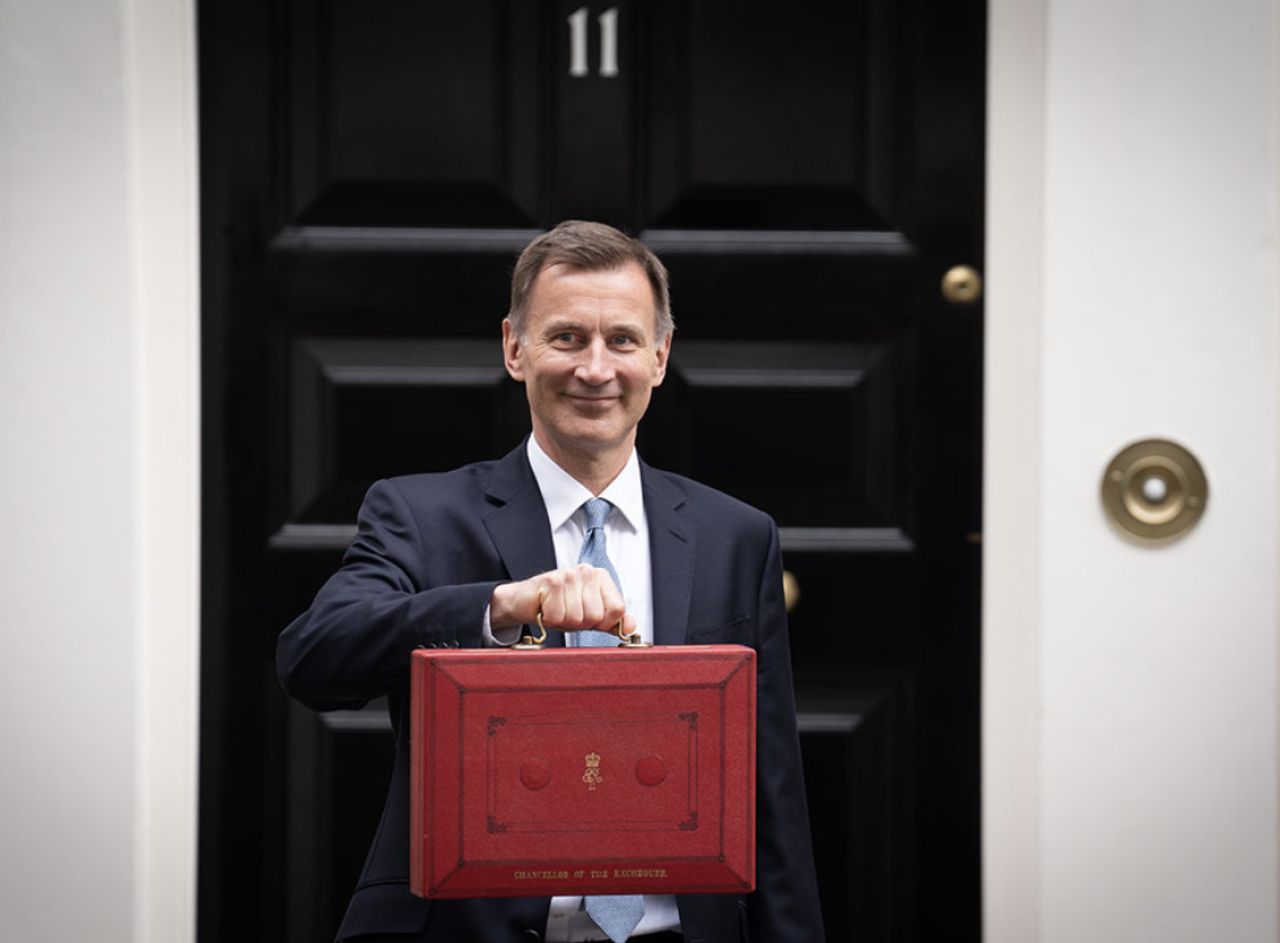Jeremy Hunt defended the decision to cut civil service jobs to boost defense spending and aid to Ukraine during a surprise visit to Kyiv. He argued that the cost of reducing public services would be far less than allowing Russia to succeed. The UK government has committed to raising military spending to 2.5% of national income by 2030, which will require an additional £20 billion. Unions fear this will be funded by cutting 70,000 jobs.
Downing Street explained that the plan would use existing commitments to reduce the civil service headcount to pre-COVID levels and allocate a portion of the increased government research spending to the Ministry of Defence (MoD). However, the Public and Commercial Services Union warned that this could lead to longer wait times for services like passport applications and driving tests.
Prime Minister Rishi Sunak recently announced an additional £500 million in aid for Ukraine, on top of the £2.5 billion already allocated. He pledged to maintain military support for Ukraine for as long as it is needed. Hunt, speaking in Kyiv, expressed hope that the increased funding would be a turning point in the conflict, signaling to Putin that his aggression would not succeed.
Hunt emphasized the UK's special role in supporting Ukraine due to its large defense budget, the largest in Europe. He stated that investing in European security and defense would ultimately be more cost-effective than allowing Putin's aggression to continue. The increased spending, totaling £20 billion over six years, will also support ongoing MoD programs, including naval frigates, a new fighter jet, and the modernization of nuclear weapons systems.
Labour's shadow defense secretary, John Healey, criticized the government's approach, calling for a fully funded plan to reach the 2.5% spending target. He expressed skepticism about the Conservatives' commitment to defense and pledged that Labour would review military resources within a year of taking office if they win the upcoming general election.

Login